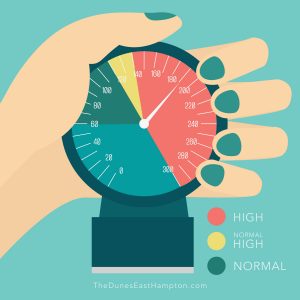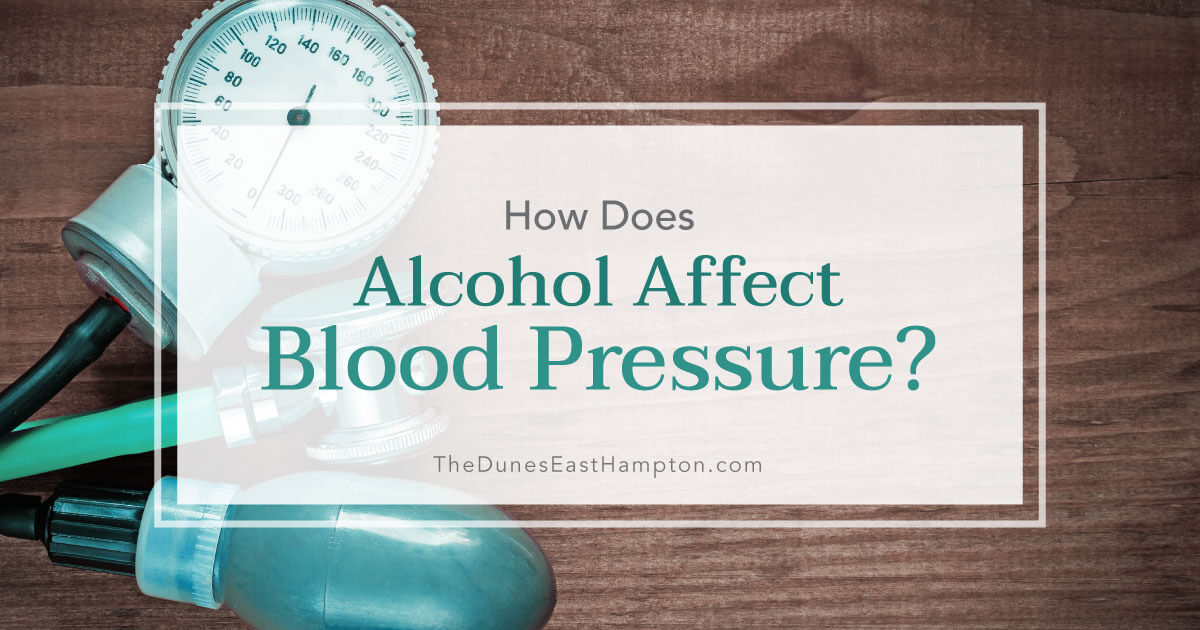Does alcohol increase blood pressure? It is no secret that alcohol negatively affects the body. Alcohol acts like a poison in your bloodstream, impacting your liver, pancreas, nervous system, heart, and more. But how do alcohol and blood pressure interact? Alcohol can increase the risk of hypertension, or abnormally high blood pressure. This can lead to too much pressure on the heart, heart failure, and other life-threatening problems. Withdrawal also has frightening effects on the coronary system. Here’s what you need to know about alcohol and blood pressure.
Your Blood Pressure While You Drink
Does alcohol affect blood pressure? While doctors still don’t fully understand how alcohol works on the bloodstream, they know it significantly increases blood pressure. Too much alcohol forces the blood through the arteries at a rate that’s higher than normal (high blood pressure), leading to health effects such as:
- Drowsiness
- Headache
- Confusion
- Vision Loss
- Ruptured Blood Vessels
- Blood Clots
- Stroke
- Heart Failure
- Kidney Failure
- Heart Attack
- Coma
High blood pressure can be a silent killer, with the individual experiencing virtually no symptoms. The best way to avoid harm from high blood pressure is to be proactive about preventing it from occurring. Alcohol is proven to increase blood pressure, causing dangerous spikes that can sometimes be deadly. Limit your alcohol consumption to avoid the short- and long-term effects on your coronary system.
Other body systems are adversely affected by alcohol consumption as well. The more you drink, the more work your liver has to do to cleanse the body of alcohol, which it considers a toxin. Sudden high alcohol content, such as from binge drinking, can result in imbalances throughout the body. This includes fat building up in the bloodstream, which can lead to heart problems down the road.
Alcohol and Blood Pressure During Withdrawal

Imagine your arteries are hoses attached to a tap. Your heart acts as a pump. As your heart pushes blood throughout the body, it creates pressure in the arteries. If the “tap” is wide open, as is the scenario during alcohol consumption and withdrawal, there will be more pressure within your arteries. Pressure that is too high can damage the arteries and other parts of the body. While high blood pressure once or twice may not affect you, over time it becomes more damaging.
Withdrawal can make the pressure spike to an all-time high, causing major health implications and even death in some cases. This is why we always recommend a medically supervised detox process.
Always Seek Help For Withdrawal
Alcohol detoxification without medical supervision can be deadly. This is why doctors and addiction specialists advocate professional detox and rehabilitation programs so strongly. With constant medical supervision, an individual going through withdrawal can receive the care, fluids, and/or medication necessary to control blood pressure and other symptoms of withdrawal. Medically supervised detox is crucial for the health and safety of the individual.
As part of treatment, you may need to take a holistic approach to manage your health through a healthy diet and exercise. A luxury rehab center can help you develop a holistic treatment that treats your physical and mental health alongside your addiction.
Come to The Dunes East Hampton for alcohol treatment programs with capable, licensed addiction treatment specialists who know how to reduce the risk of blood pressure spikes.








